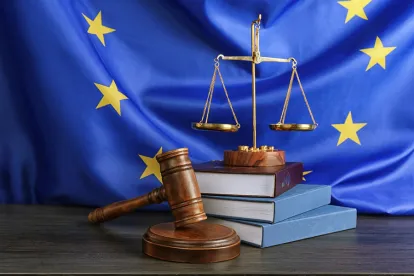This year, the European Union passed a Whistleblower Directive specifically designed to protect citizens who report fraud and other legal violations. Yet as twenty-six countries begin the process of transposing this directive, a Spanish whistleblower is fighting for his freedom.
As reported by the New York Times earlier this week, Roberto Macías, the whistleblower responsible for a leak that led to one of the largest anti-corruption prosecutions Spain has seen, is now desperately filing an appeal with the European Union. In this appeal he claims that the new directive protects him from the two-year prison sentence handed down by the court for disseminating allegedly confidential documents. It is clear to observers, including some Spanish lawmakers, that Mr. Macías’ sentence is, in fact, retaliation for exposing fraud. The exact conduct the directive was created to protect.
Although whistleblowers like Mr. Macías can already appeal to the EU to protect such rights, his case shows just how important it will be for nations such as Spain, which have little to no protection for whistleblowers, to step up and created comprehensive programs to protect those who risk everything to expose wrongdoing. We can only hope that the law and policymakers currently making statements in support of Mr. Macías make good come time for Spain to implement the directive.



 />i
/>i

